
Titan
The Life of John D. Rockefeller, Sr.
Published by arrangement with The Random House Publishing Group, a division of Random House, Inc.
ISBN: 9780679438083
Pages: 800
Recommendation
John D. Rockefeller Sr. was probably the biggest, baddest robber baron in 19th century America, and also its leading philanthropist. Many writers scorned his ruthlessness, notably Ida Tarbell, who wrote two books on Rockefeller and his company, Standard Oil. Author Ron Chernow digs deeper, through masses of Rockefeller family documents, to present the founder of the Rockefeller dynasty as a “man of flesh and bone and soul.” He covers Rockefeller’s ugly, dramatic and even shameful aspects, while concurrently demonstrating his business acumen and his philanthropic leadership amid a remarkable generation of business barons, including William Randolph Hearst, Jay Gould, William Vanderbilt, Andrew Carnegie and J.P. Morgan. An amazing portrait emerges of an almost invisible, rather megalomaniac ascetic who wanted to fulfill God’s will. He became extremely wealthy, gave millions away, and believed that he brought the benefit of inexpensive oil products to all mankind. getAbstract highly recommends this multifaceted biography.
Summary
About the Author
Historian Ron Chernow won the National Book Award for his first book, The House of Morgan, and received the Eccles Prize as the Best Business Book of 1993 for his second book, The Warburgs.








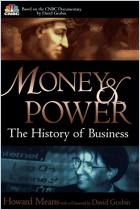
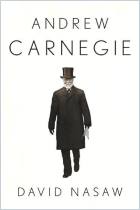
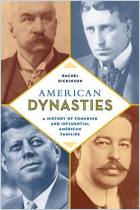
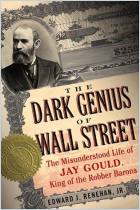
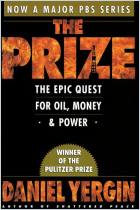
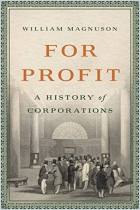

Comment on this summary or Start Discussion